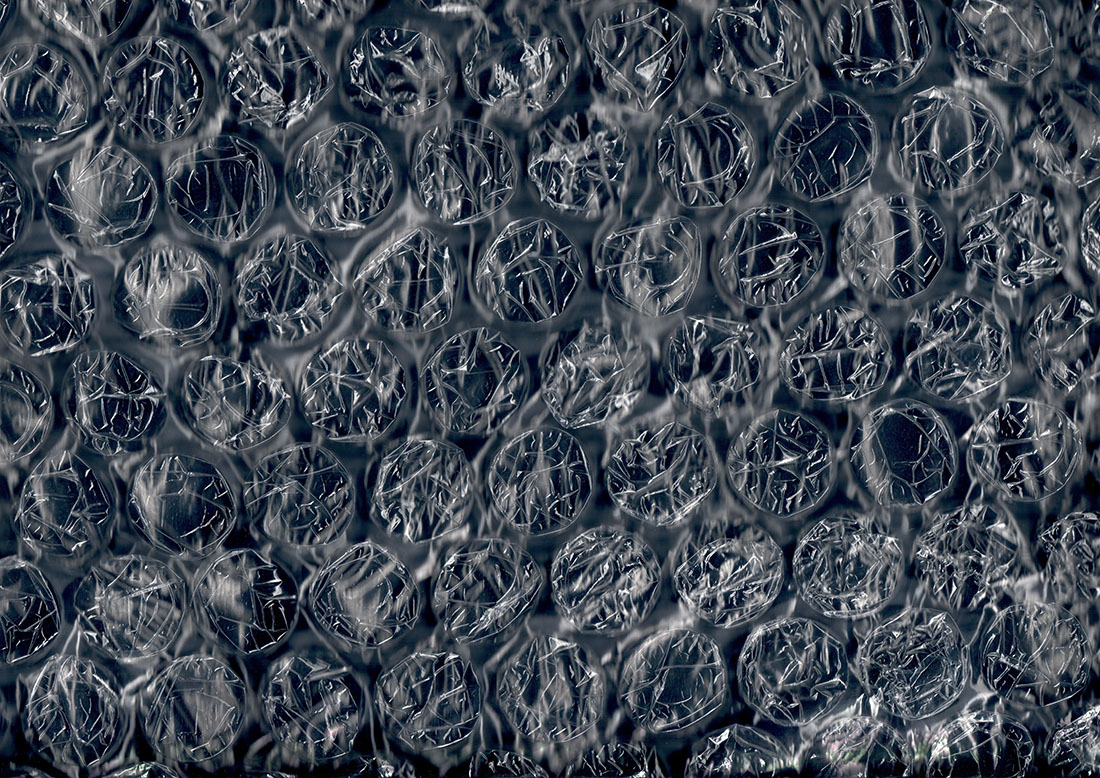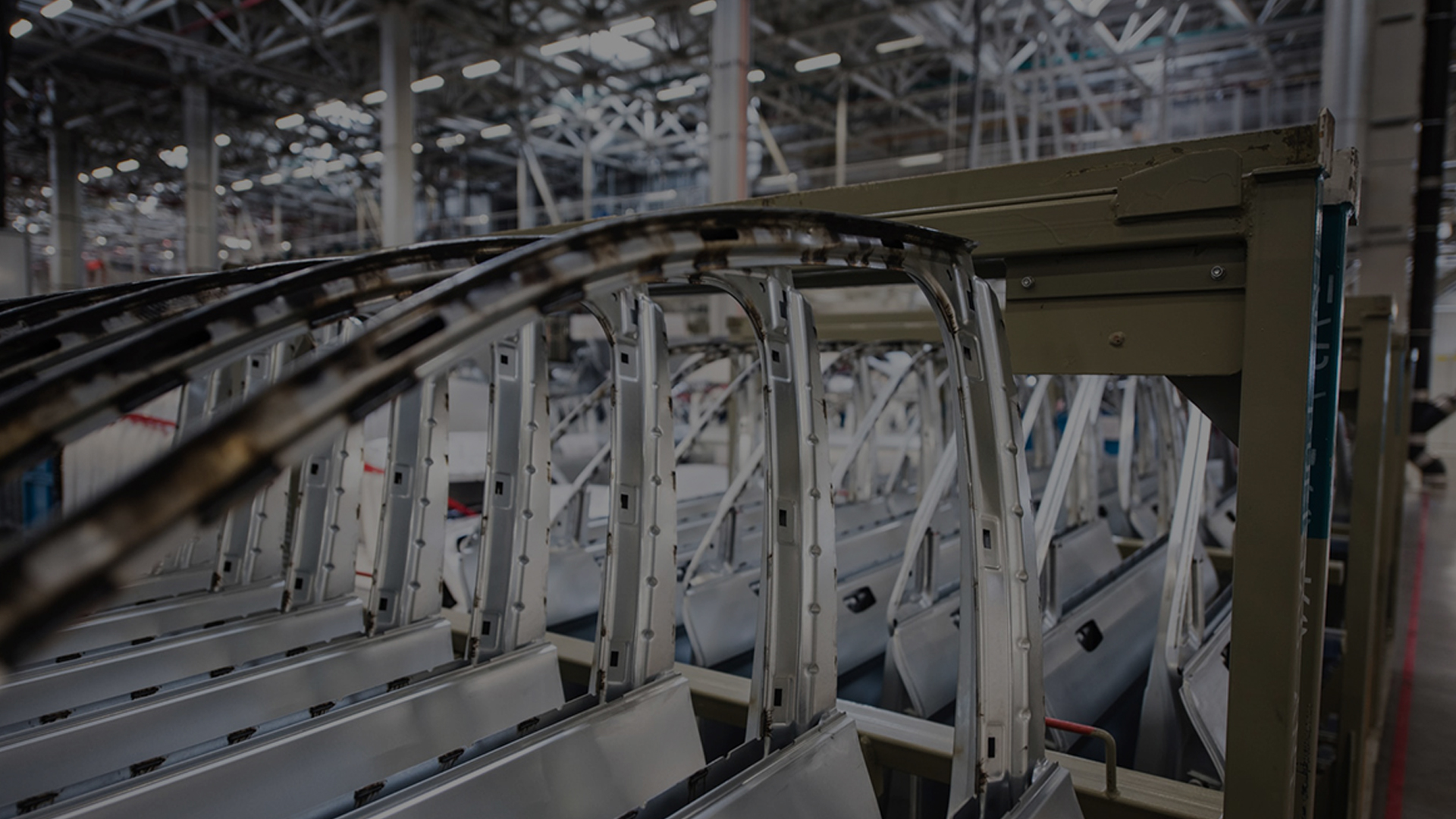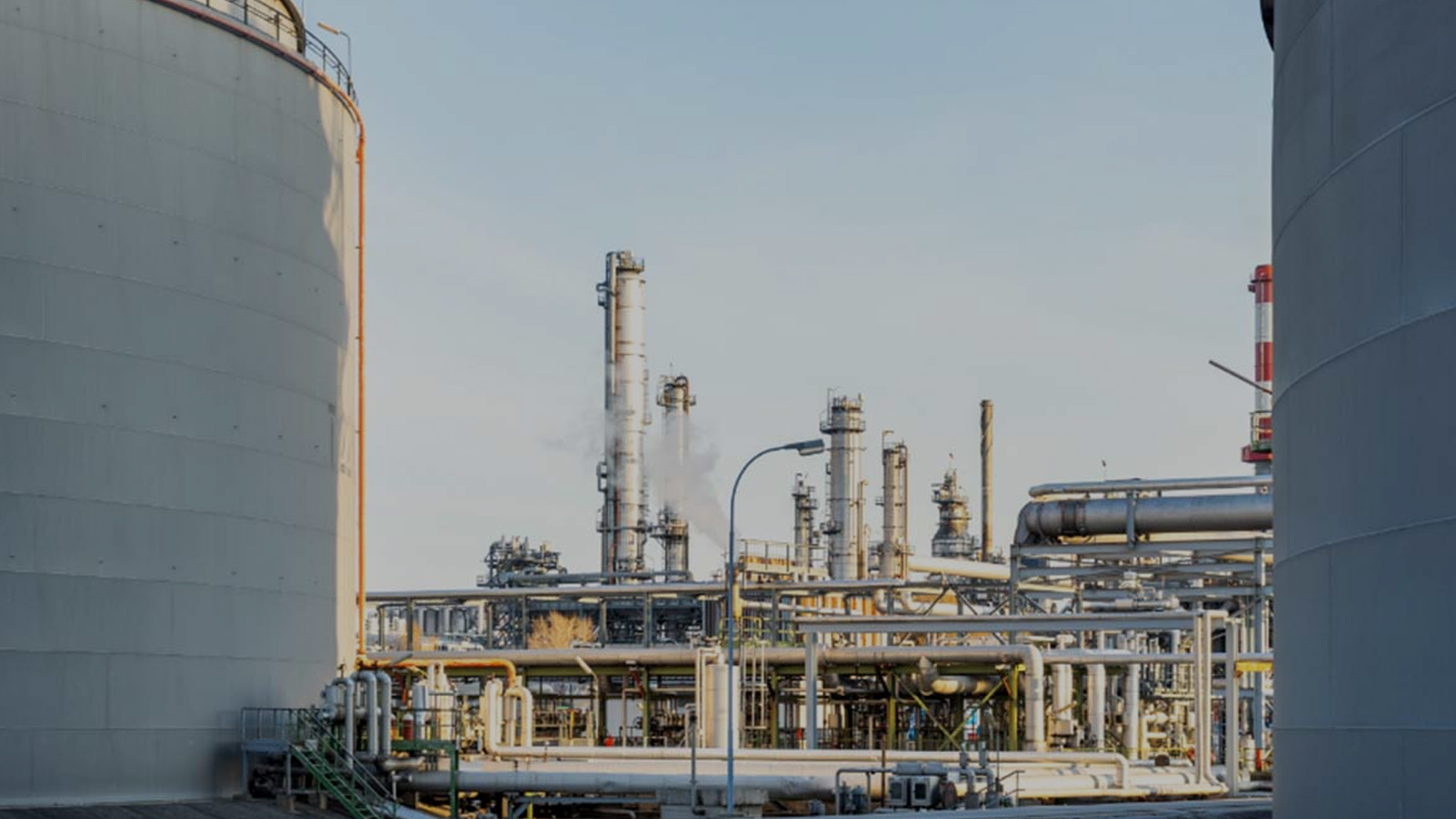On January 1, 2023, the Royal Decree on Packaging and Waste entered into force to move towards the implementation of the circular economy. The main purpose of the Decree is to establish objectives and measures for packaging companies, companies dedicated to the distribution of merchandise, holders and administrations.
It determines that manufacturers must fill out and submit the new self-assessment form to the land registry within 30 calendar days, relating to the “Special tax on non-reusable plastic containers”.
This new tax will take into account the type of polymer and the amount used in its manufacture, durability, redundancy, the amount of recycled material it contains, the presence of hazardous substances and other factors that may affect its ease of reuse or recycling.
What type of company is directly affected by the plastic tax
The new tax affects those companies that currently use or are dedicated to manufacturing non-recycled plastic containers or packaging and that are not reusable. Among others, semi-finished products intended to obtain packaging (such as preforms or sheets) and objects intended for closing, marketing or presentation of packaging (such as caps, strapping, stretch film, etc.) are also affected.
How much should a company pay for the plastic tax?
The legislative novelty is governed to promote the circular economy. Said tax is levied at a rate of €0.45 per kilo of plastic used to manufacture single-use containers.
Can the payment of the plastic tax be exempted?
If the possibility of reusing packaging is demonstrated or recycled material is incorporated into its manufacture, a company can be exempted from paying the plastic tax.
The legislation warns that all containers that have been “conceived, designed and marketed to carry out multiple circuits or rotations throughout their life cycle and that can be refilled or reused for the same purpose” will be exempt from this tax.
What is the extended producer responsibility regime
The Register of Product Producers has been established, in which all producers must register and to which they must annually submit information on the placing of packaging on the market, the management of their waste and the financial management of the systems, since they must bear the full cost of waste management.
In addition, the AEAT has created a tool, the reporter on the special tax on non-reusable plastic containers, to resolve all kinds of current doubts regarding the new tax, where the user is the one who chooses the most appropriate drop-down for his question.
How can the new tax affect my company?
The new legislation also includes a reduction objective for plastic bottles for 2030, the aim is to reduce them by 20% compared to current levels. This milestone will be an important change for retail businesses dedicated to food, because they must adopt the measures required to include the mandatory sale of fresh fruits and vegetables in bulk in their establishments. Establishments that exceed 400m2 must allocate a minimum of 20% of the space to bulk sales.
What is the main objective of the new plastic tax?
With the entry into force of this new rate, Spanish legislation complies with the EU requirements in terms of waste prevention and circular economy, thus expanding its green taxation, which continues to be among the lowest in Europe.
In turn, it is expected to increase transparency in packaging information and adequate monitoring and control in the market by products and organizations.
In short, among the key factors that lead the measure, is the prevention of waste, the promotion of the sale of food in bulk, the increase in reusable packaging, the promotion of recycling and, consequently, the marking of products, thus avoiding previous messages such as “environmentally friendly” and that subsequently cause material damage to the planet.





